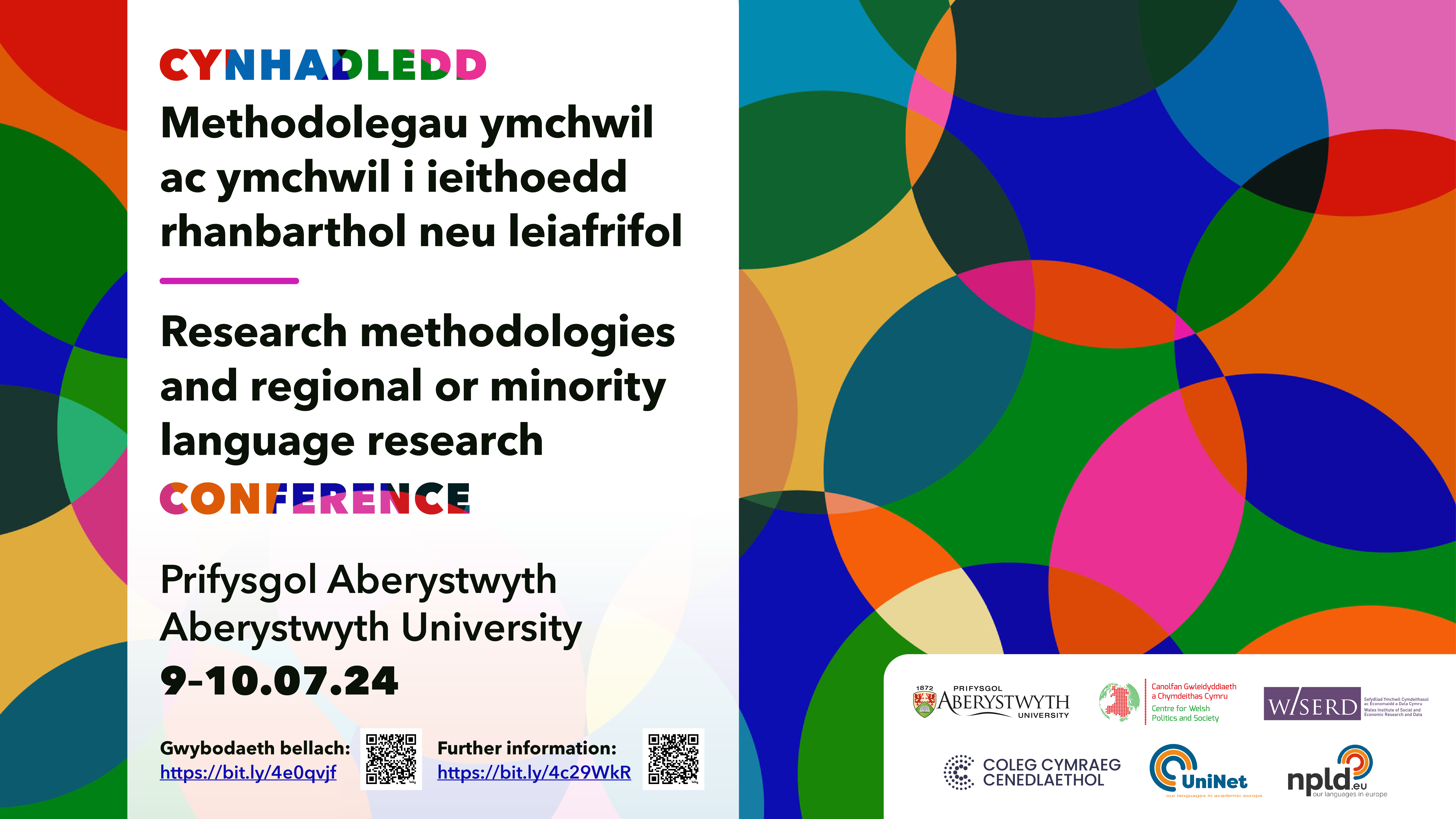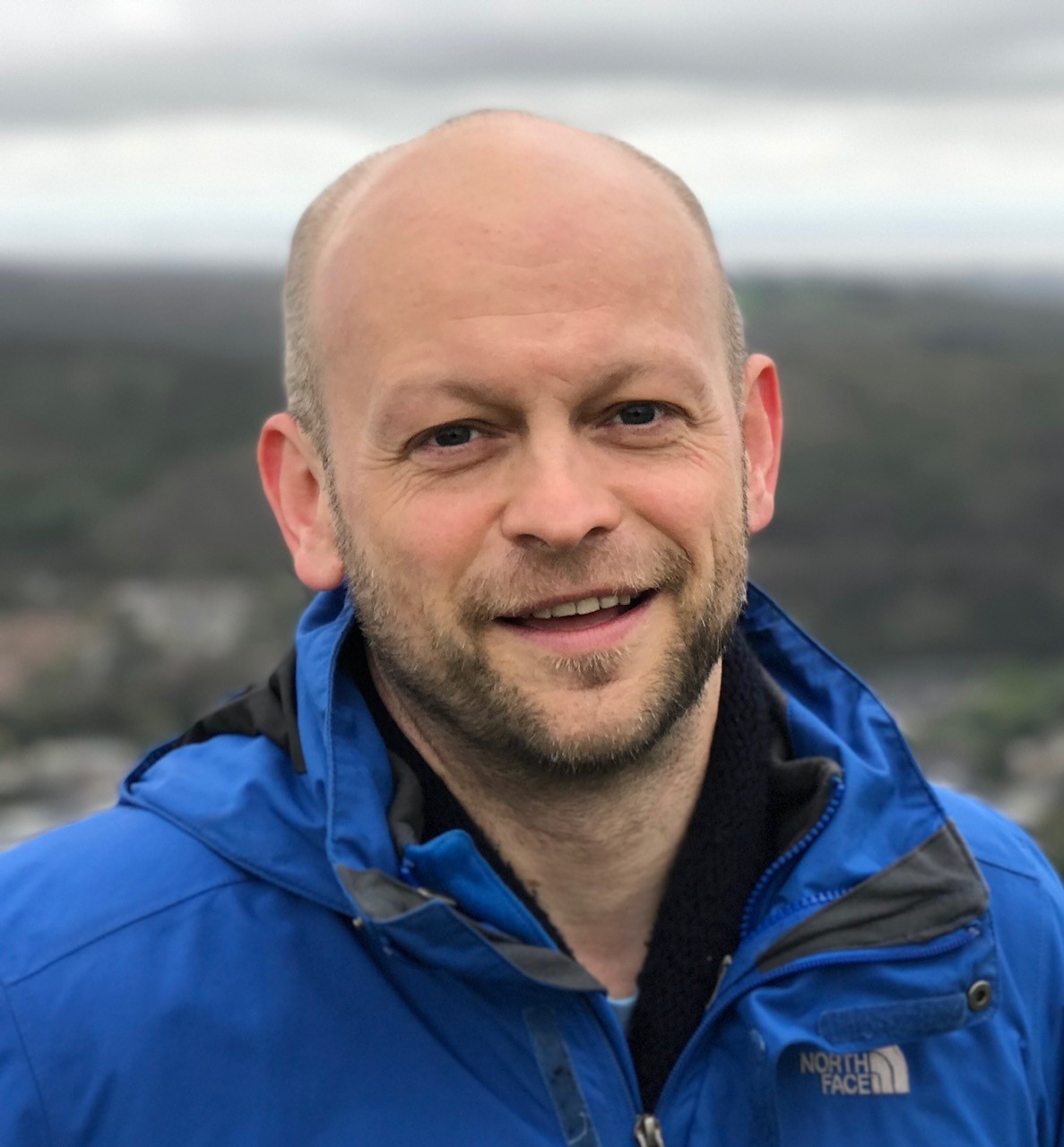
Dr Jeremy Evas
Jeremy Evas is Head of Prosiect 2050 at the Welsh Government.
Prior to this, he was Head of Welsh Language Promotion and Behaviour Change at the Welsh Government and a lecturer in language policy and planning at the School of Welsh, Cardiff University. He was also Director of Strategy at the Welsh Language Commissioner, and Director of Policy and Corpus Planning at the former Welsh Language Board.
His main interests lie in finding and activating behavioural triggers for increasing the use of Welsh. He’s supervised doctoral theses on translation automation, and behavioural psychology as applied to human computer interaction in bilinguals, and to choice architecture of Welsh-medium services/education. He’s also published research on the factors that affect the intergenerational transmission of Welsh. At the Welsh Government, he’s responsible for programmes to increase the informal use of the Welsh language in school age children, Welsh language transmission and use in families, Welsh language technology, the Welsh language in the private sector and aspects of Welsh as a language of work. He implements the Leading in a Bilingual Country leadership programme with Academi Wales and facilitates at Academi Wales’ Summer and Winter Schools. Outside work, he’s normally to be found on his bike.
He’s a Fellow of the Higher Education Academy, a Member of the Association of Welsh Translators and Interpreters, a Chartered Linguist, and a Fellow of the Chartered Institute of Linguists.
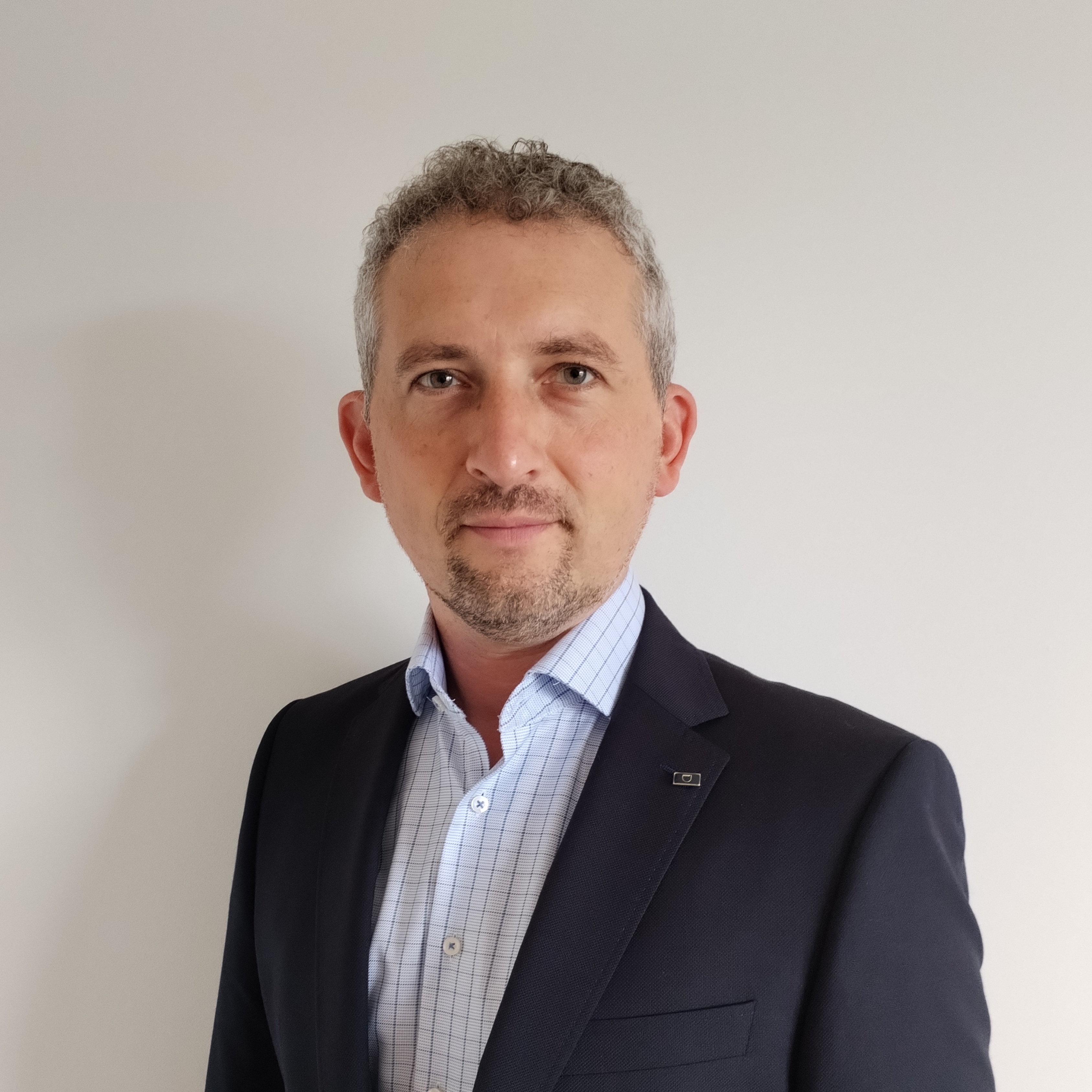
Dr Michele Gazzola
Dr Michele Gazzola is Lecturer in Public Policy and Administration at the School of Applied Social and Policy Sciences at the University of Ulster and director of the Master of Public Administration. He holds a PhD in Multilingual Communication Management (University of Geneva). He has an interdisciplinary research profile focused on the analysis and evaluation of language policy, and on the study of the policy, economic and social aspects of multilingualism. He is the author of about 90 scientific publications, and he has given numerous presentations at scientific and institutional conferences in several countries. He worked as a research fellow at Humboldt University of Berlin, the University of Leipzig, the Institute for Ethnic Studies in Ljubljana, and as a research assistant at the University of Geneva. He has been an adjunct lecturer at the University of Lugano, as well as a visiting research fellow at the University of Ottawa, Pompeu Fabra University in Barcelona, and the University of Udine. He is the editor of the journal Language Problems & Language Planning.
Dr Jone Goirigolzarri-Garaizar
Jone Goirigolzarri Garaizar is a Lecturer at the Social and Human Sciences Faculty in the University of Deusto. She holds BA degrees in Sociology and in Social and Cultural Anthropology and a PhD. on Social Sciences from the University of Deusto. She is a member of the Deusto Social Values research team and belongs to the UNESCO Chair on World Language Heritage of the University of the Basque Country. Her main research interest has been the revitalization process of Basque, which she has approached from political science and sociolinguistics dealing with linguistic policy and linguistic attitudes and ideologies. Her most recent research has focused in the muda processes of young Basque speakers. She is currently involved on the EquiLing research project which aims to investigate how sociolinguistic research can explain and act on the complex processes by which languages create, maintain and reproduce the inequalities present in society. Her research has also benefited from her activity beyond the exclusively academic field and in close collaboration with different social agents and grassroot movements involved in the revitalisation process of Basque. In this task, she led a process of reflection on the past, present and future of the social revitalization of Basque, materialized in the book (translated from Basque) “The revitalization of Basque: rethinking new frameworks, discourses and practices” (Goirigolzarri, Manterola and Landabidea 2017).
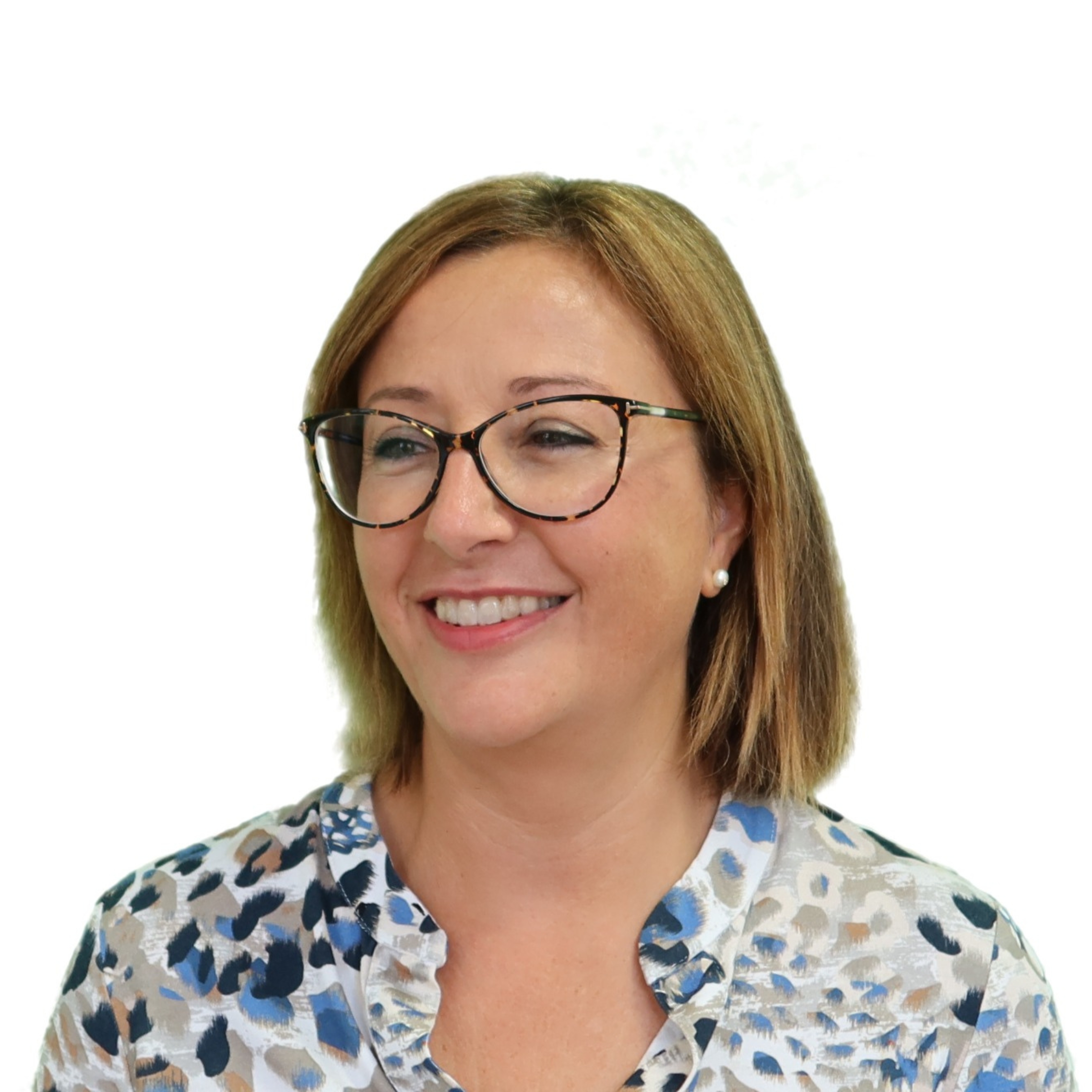
Àngels Jericó Dindinger
Àngels Jericó Dindinger is head of the Service of Translation and Linguistic Advice of the General Directorate of Academic Planning and Language Policy, Government of Valencian Community.
She holds a degree in Modern Languages, a degree in Translation and Interpretation Studies and a postgraduate in Legal Translation. As associate professor of modern languages, she has taught languages both at secondary schools and at the University of Valencia. She has also been engaged in teacher training at the Teacher Innovation and Resource Centre for Languages (CEFIRE), developing language resources, devising courses based on technology and languages, and participating in training courses and workshops.
At the Government of Valencian Community, her main tasks include coordinating the officials in charge of the usage and promotion of the regional language, the functions of proofreading and translating official documentation in Valencian and Spanish, as well as devising language campaigns, materials and resources for the promotion of the regional language.For more than 20 years she has been engaged in education, language training, translation and proofreading, and her interests include technologies of the language for both modern and regional languages.
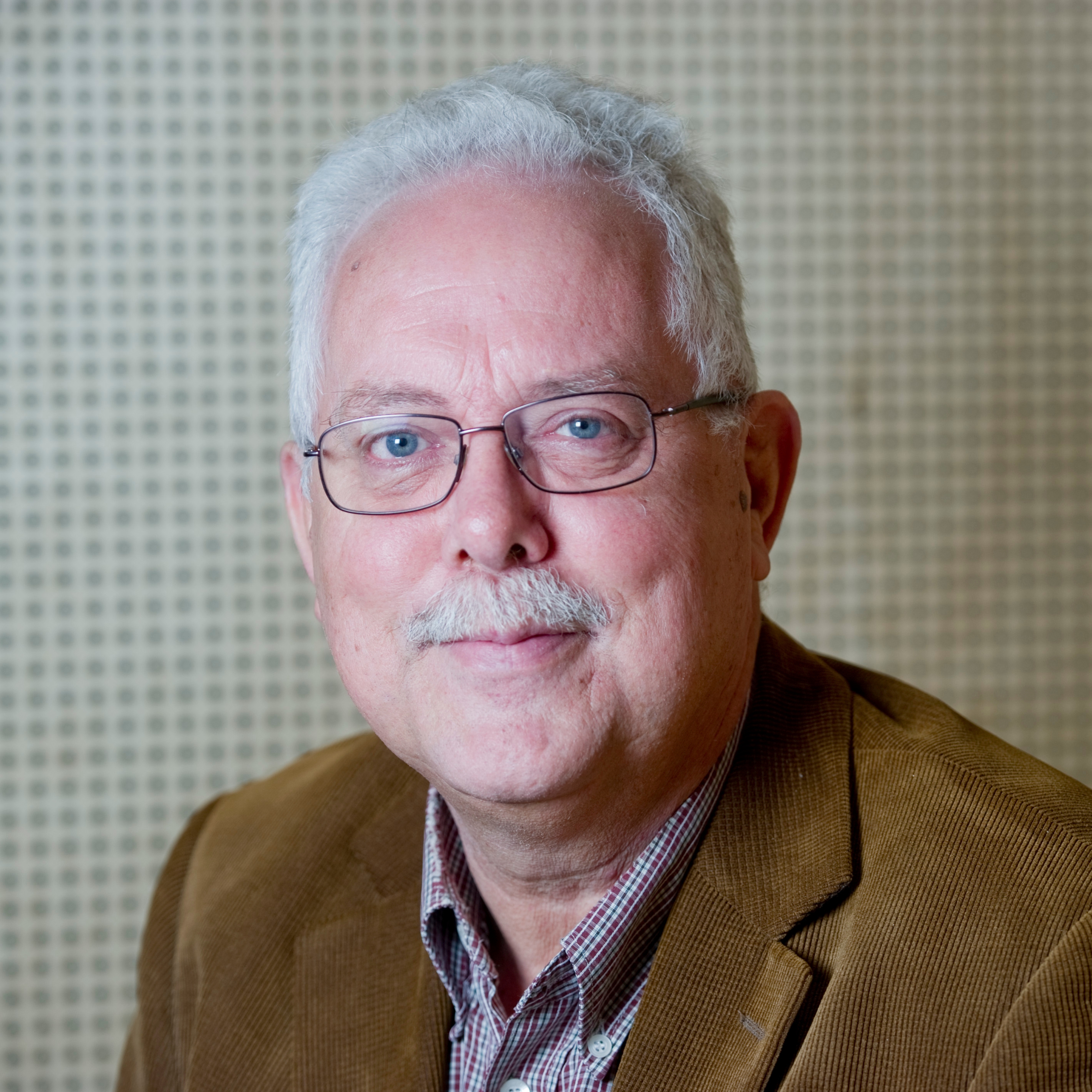
Cor van der Meer
Drs. C. van der Meer (Cor) recently retired as researcher and project manager of the Fryske Akademy in Leeuwarden/Netherlands. Before he was manager of the Mercator Research Centre on Multilingualism and Language Learning since 2004. Mercator is an NGO which is dedicated to acquire, circulate and apply knowledge which serves linguistic diversity of Europe, with a special focus on Regional- and Minority Languages.
Cor is an expert in the fields of multilingualism, regional and minority languages and language learning. His work is often related to the goals and practices of a number of international organisations. He is member of the Steering Committee of the Network to Promote Linguistic Diversity (NPLD).
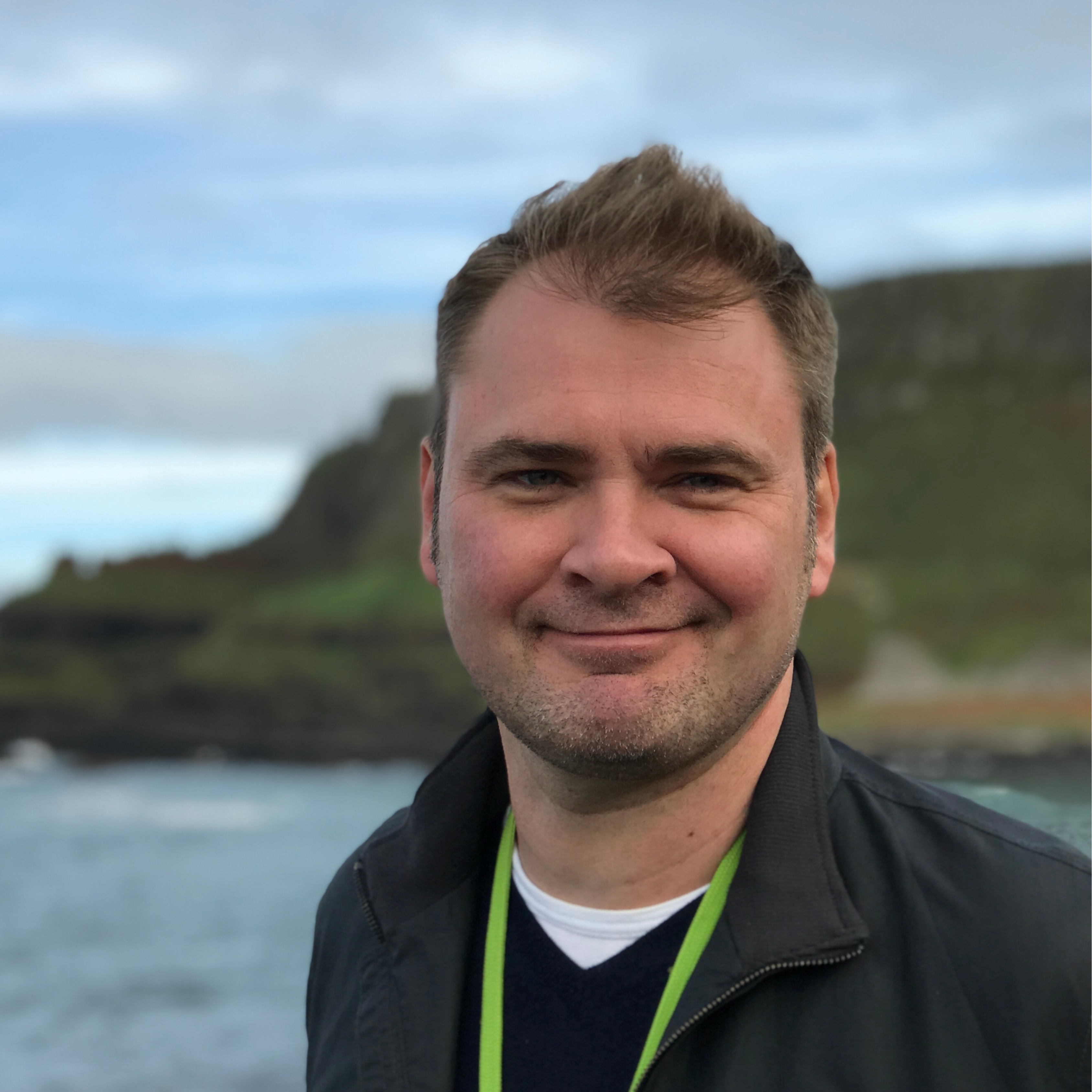
Professor Leigh Oakes
Leigh Oakes is Professor of French and Linguistics at Queen Mary University of London. His research focuses broadly on language policy and planning (LPP), language and identity, and language attitudes and ideologies, especially in the contexts of Quebec, France and Sweden. In recent years, he has become particularly interested in the linguistic justice debate in political theory/philosophy, arguing for the integration of normative and interdisciplinary approaches into mainstream LPP research. His publications include Normative Language Policy: Ethics, Politics, Principles (with Yael Peled, 2018, Cambridge University Press), Language, Citizenship and Identity in Quebec (with Jane Warren, 2007, Palgrave Macmillan) and Language and National Identity: Comparing France and Sweden (2001, John Benjamins). He is co-editor of Sociolinguistica: European Journal of Sociolinguistics (De Gruyter) and the Multilingual Matters book series (Multilingual Matters).
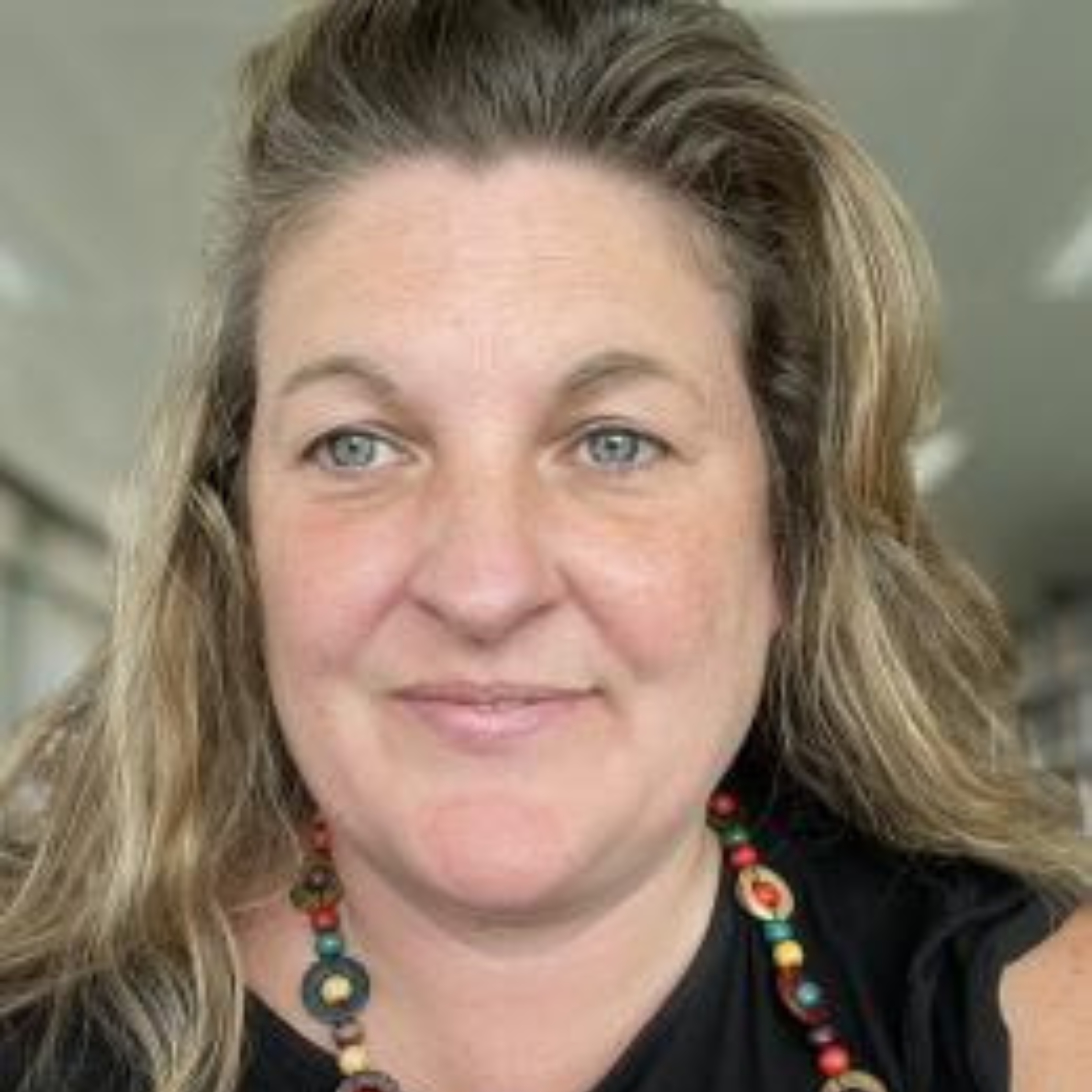
Professor Bernadette O’Rourke
Bernadette O’Rourke is Professor of Sociolinguistics and Hispanic Studies in the School of Modern Languages and Cultures at the University of Glasgow. Her research sits within the broad area of sociolinguistics and the sociology of language and focuses on the political and social meanings of language and their influence on society. She was Chair of the EU COST Action entitled New Speakers in a Multilingual Europe: Opportunities and Challenges (2013 – 2017). Her recent co-authored publications include New Speakers of Irish in the Global Context: New revival? (Routledge 2020) and the Palgrave Handbook of Minority Languages and Communities (Palgrave 2019) which won the British Association of Applied Linguistics (BAAL) Book Prize in 2020. She is currently completing a new book from a Leverhulme funded project entitled A new agenda in minority language sociolinguistics: rethinking contemporary language revitalisation (Cambridge University Press).
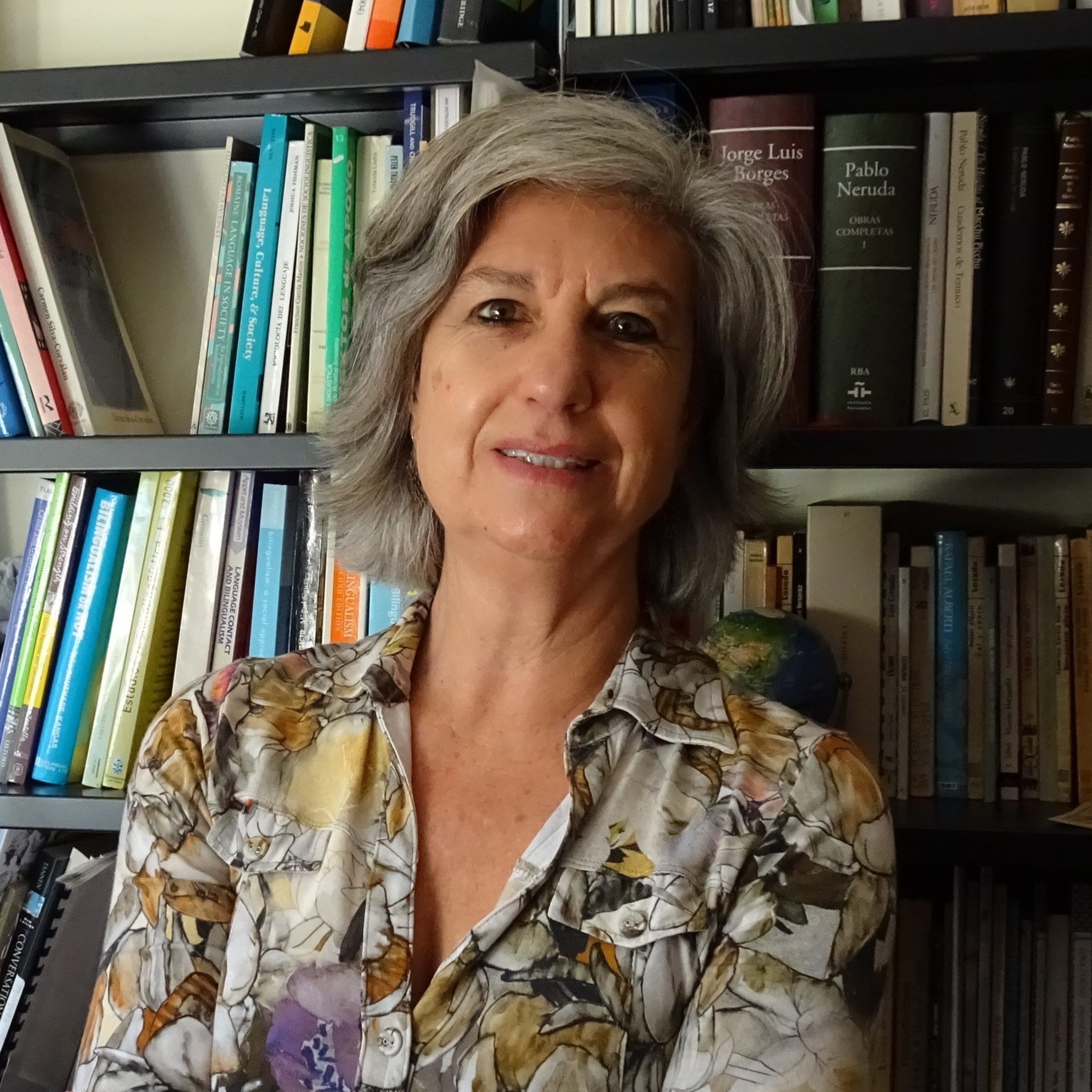
Dr Ane Ortega-Etcheverry
Ane Ortega-Etcheverry (BA in Spanish Philology (Deusto), MA in Translation Studies (Warwick) and PhD in Sociolinguistics (London)), has worked until very recently as a lecturer in the Department of Language and Literature Education of Bilbao’s Begoñako Andra Mari Teacher Training University College, in the field of multilingual education in minority language contexts. She is a member of the University of the Basque Country (UPV/EHU) ELEBILAB and HIJE research teams working on Basque Language Adquisition, Education and Use. She is also a member of the UNESCO Chair on World Language Heritage of the University of the Basque Country, and has participated in a number of projects in relation to indigenous languages, amongst them linguistic cooperation with the Nasa people (Cauca, Colombia) for the revitalization of the Nasa yuwe language. Her prime research area for the past 20 years has been in Basque sociolinguistics, especially in the field of attitudes and language ideologies. Together with colleagues Estibaliz Amorrortu, Jone Goirigolzarri and Jacqueline Urla she has done extensive work on new speakers of Basque. She is a member of the Equiling project (www.equiling.eu), an Action-research project which seeks to study language-mediated inequality, her latest work focusing on the muda processes or linguistic activation of young new speakers of Basque living in dominantly Spanish-speaking areas, carried out using Participatory Action Research methodology.

Professor Marco Tamburelli
Marco Tamburelli is Professor of Linguistics (Bilingualism) at Bangor University. His research focuses on bi- and multi-lingualism, both from a representational perspective and from a sociolinguistic/comparative perspective. His current work focuses on the application and development of quantitative methods to investigate sociolinguistic, socio-psychological and comparative aspects of bilingualism, particularly in relation to regional and minority languages, the measurement of linguistic attitudes in bilingual communities, and the measurement of structural distance and intelligibility rates in linguistic continua.
